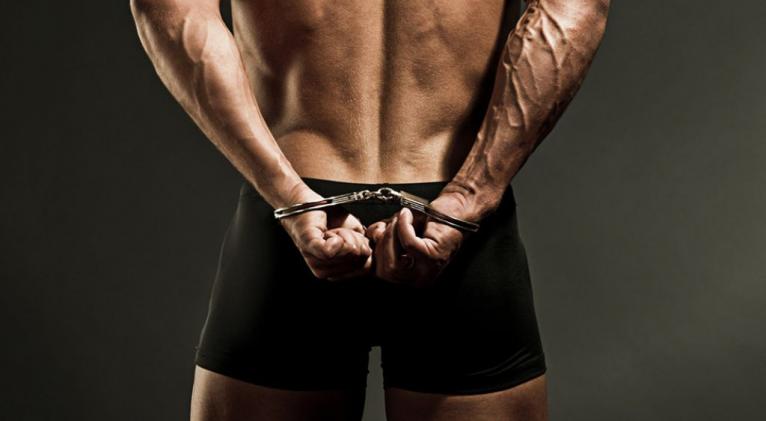US vies to become anti-doping policeman of the world after criminalizing it
especiales

A new bill in the US Congress will make doping in international sports a crime, which the US law would prosecute under its own jurisdiction. The act is clearly designed to punish Russia, but may affect many others.
The Rodchenkov Anti-Doping Act, named after the controversial former head of the Moscow anti-doping lab, whose claims became the basis of sweeping doping sanctions against Russia, was submitted to both chambers of the US Congress last week.
Once adopted into law, it will make doping in international sports a criminal offense, a form of fraud, punishable by up to 10 years in prison and fines of up to $1 million. It will also allow civil lawsuits to be filed in US courts against people and organizations involved. Restitution of damages may be filed by American athletes over losing prize money and by event sponsors.
Also on rt.com ‘Rodchenkov's evidence is hearsay with limited probative value’ – CAS
The bill’s sponsors and backers, like Travis Tygart, the head of the US Anti-Doping Agency (USADA), don’t hide the fact that it’s aimed first and foremost at Russia. They believe international organizations, like the International Olympic Committee (IOC) and the World Anti-Doping Agency (WADA) have failed to punish Russia for alleged doping violations exposed by Rodchenkov. WADA is currently in the process of reinstating the disgraced Russian Anti-Doping Agency after a reform while the IOC is pushing for normalization of Russia’s involvement in international sports.
“To remain a ‘city on a hill’, America must hold the crooked and corrupt accountable whenever we can. That means forcefully confronting Russia’s use of corruption as a tool of foreign policy,” said Senator Sheldon Whitehouse (D- RI), one of the sponsors of the Senate’s version of the bill and ardent Russiagate crusader since the election of Donald Trump.
The US legislation will apply retroactively, opening a way to sue Moscow and Russian officials accused of involvement in doping for millions of dollars in damages. Some may even get a jail term, if the US gets a chance to have them arrested and extradited. It sets the statute of limitations as seven years for criminal action and 10 years for civil lawsuits, with a potential for extension if an extradition is pending.
The IOC criticized the bill when it was first proposed in July, saying the US should first clean its own house before claiming the right to serve as the doping watchman of the world.
“We very much appreciate and welcome moves in the United States to step up the fight against doping and we assume that the very worrying existing challenges with some of the professional leagues in the United States will be addressed as a matter of urgency,” an IOC spokesman told sports news site, insidethegames, at the time. “Especially since this has become extremely obvious again in the last report of USADA which details the low level of testing currently taking place in these professional leagues.”
USADA has been criticized for conducting few or even no tests of the country’s professional basketball, football and baseball players, relying on the leagues to do the testing.
It is a matter of concern that the intention of the proposed legislation is to put athletes from all 206 National Olympic Committees from around the world who take part in international competition under the criminal code of US law.
The US has a habit of imposing its criminal jurisdiction as wide as possible and treating its own court system as inherently superior to those of other nations. It also has a tendency of putting political pressure on other nations, to take over custody of people accused of crimes in the US.













Add new comment